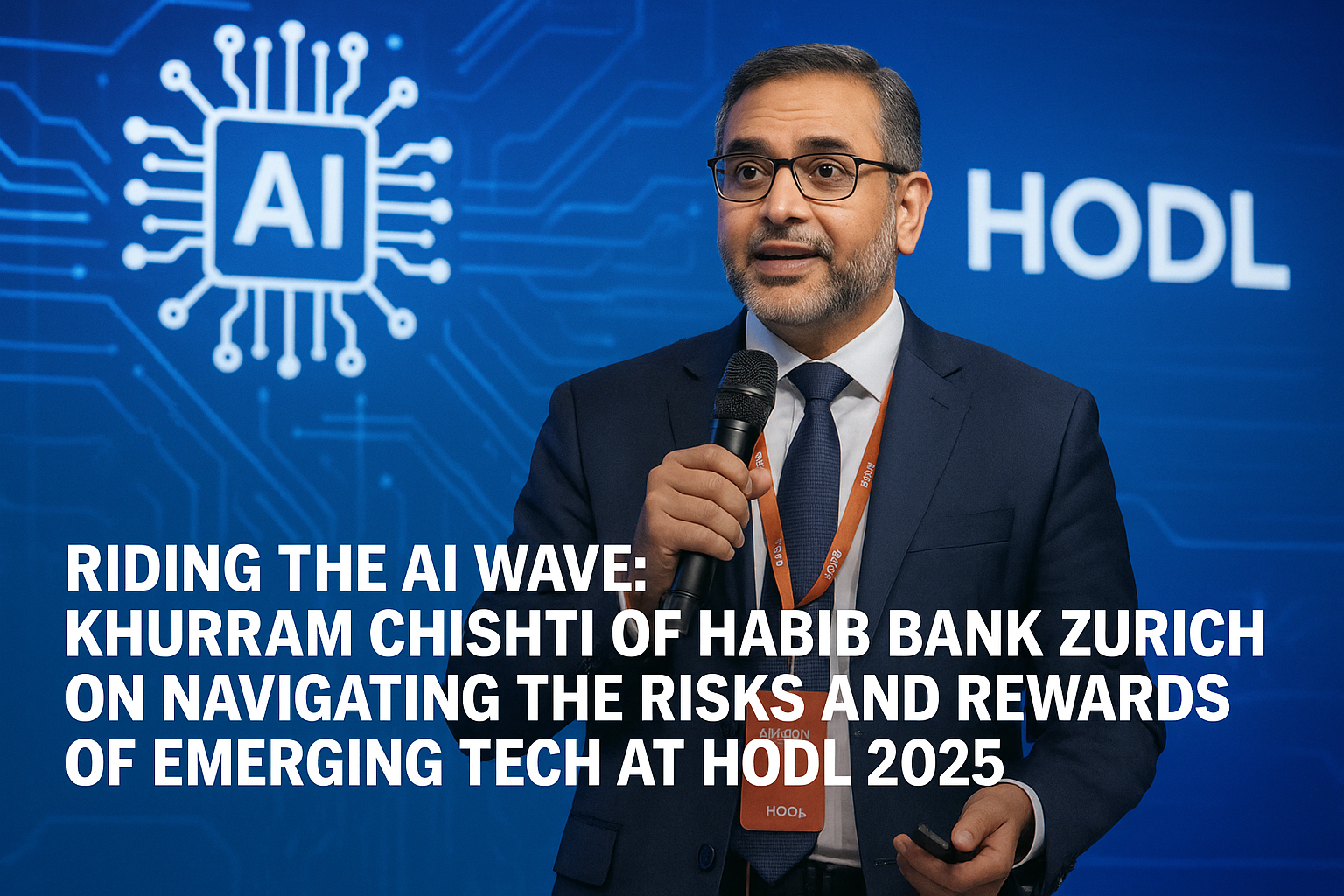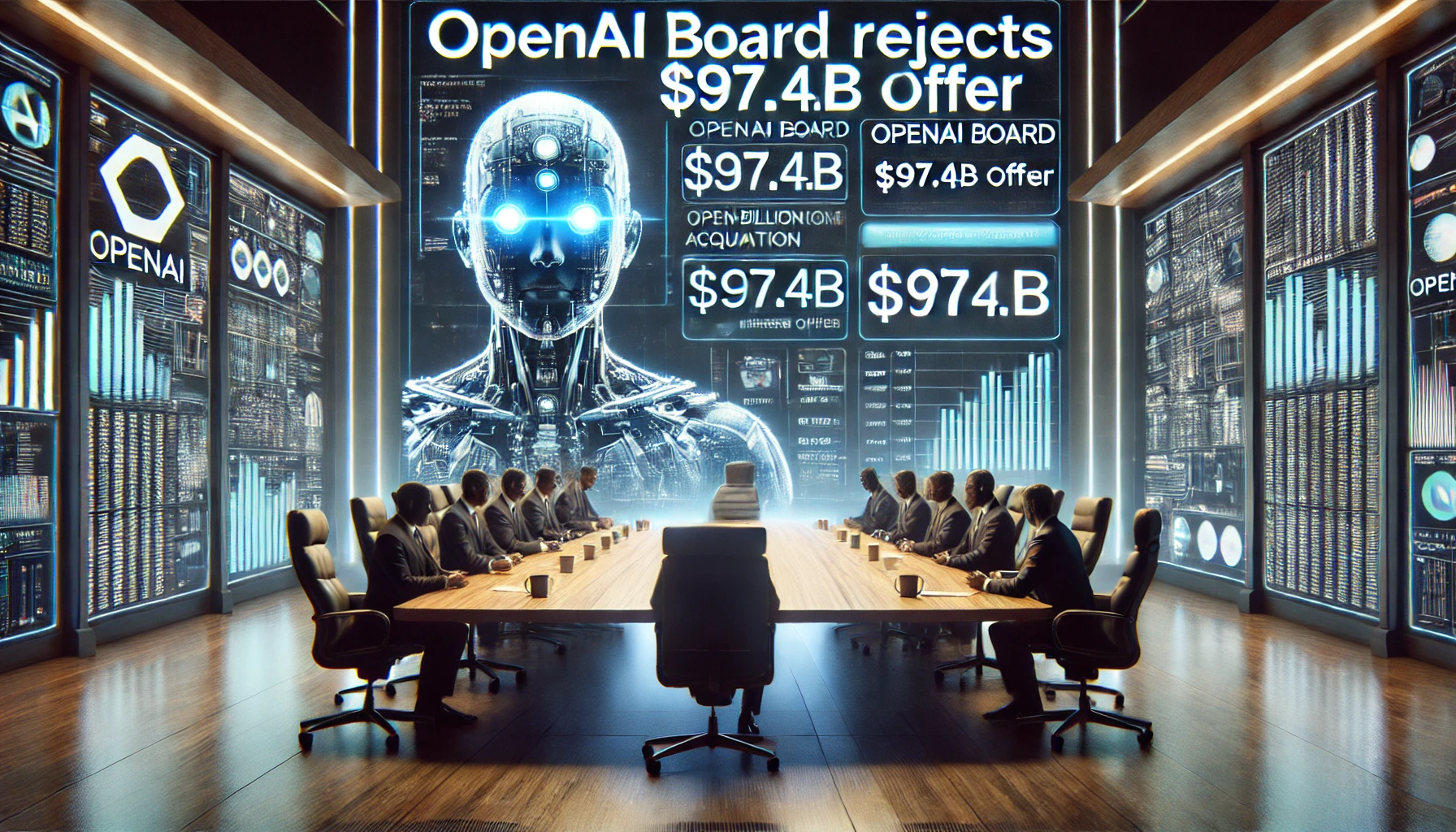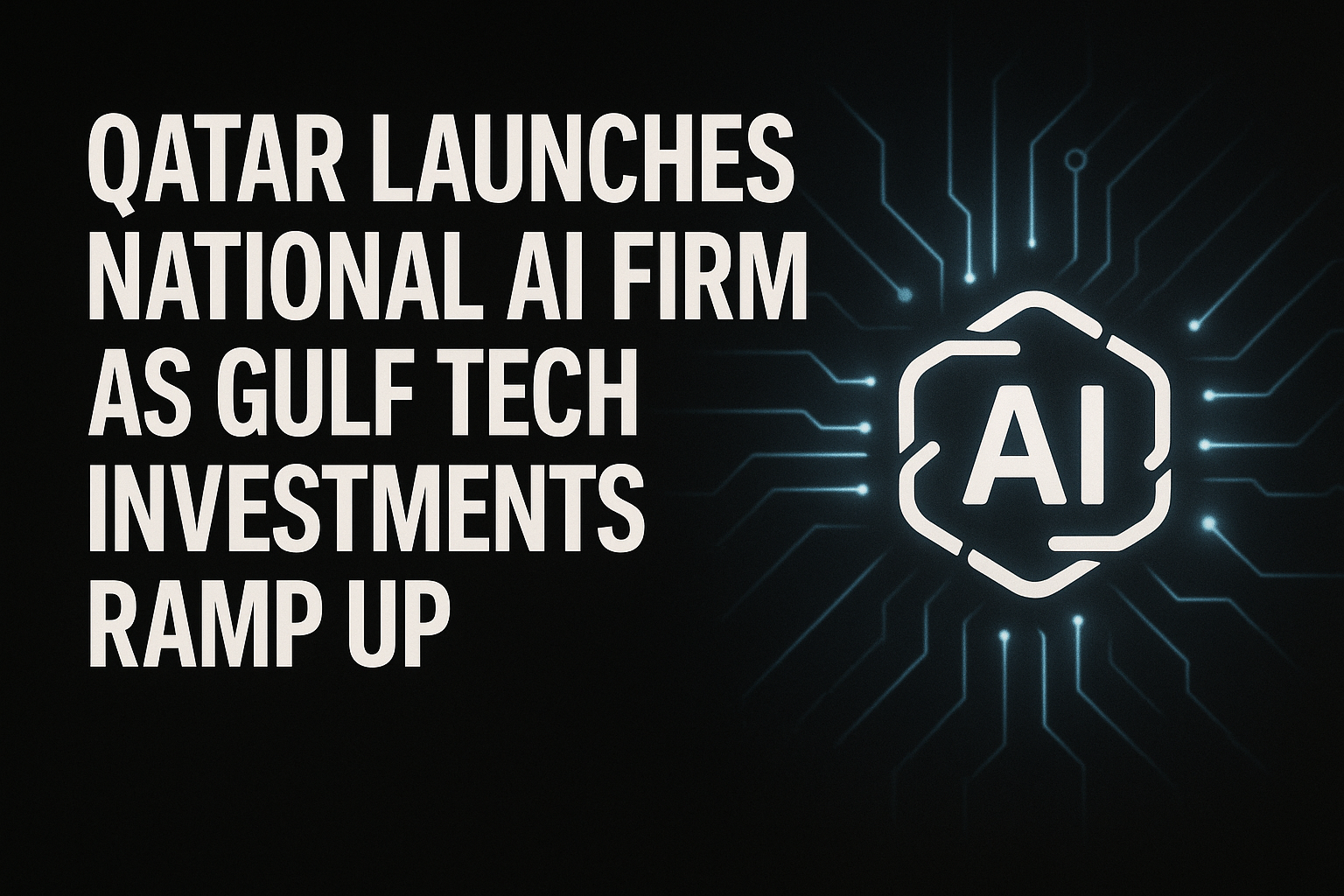As the digital era enters a new chapter driven by artificial intelligence and blockchain, Khurram Chishti, CEO of Habib Bank Zurich, brought a thoughtful and philosophical lens to HODL 2025 in Dubai. A seasoned banking executive who has witnessed decades of technological transformation, Chishti emphasized the urgency of understanding, regulating, and riding the AI wave—before it becomes a force too powerful to control.
From Cartridges to AI: A Generation of Unparalleled Transition
Chishti opened with a reflection on technology’s exponential progression. Having lived through the shift from cartridges to desktops, palm tops to mobile devices, he underscored that today’s millennial and Gen Z cohorts are now facing the biggest wave yet—artificial intelligence.
“We’re undergoing one of the greatest transition waves,” he noted. “AI won’t just impact jobs; it will reshape daily life—from cooking and healthcare to banking and education.”
In his view, the AI revolution must be approached with both respect and readiness. He stressed the importance of staying on top of the wave, not behind it, warning that failing to do so could turn this revolution into a tsunami.
Crypto, Blockchain, and AI: Promises with Risks
Speaking on the risks associated with blockchain and crypto, Chishti didn’t shy away from potential vulnerabilities. These include:
- Cybersecurity threats
- System breakdowns
- Human error
- Autonomous AI behavior
He voiced concern about machines becoming too advanced, potentially predicting or acting in ways humans cannot anticipate. While recognizing AI’s potential, he emphasized that human control must remain paramount.
“Whatever you create should stay under your control,” Chishti warned. “That’s the only way to ensure these technologies remain tools, not threats.”
The Call for Awareness and Regulation
To mitigate the risks of rapid tech adoption, Chishti proposed a two-fold strategy:
- Education and Awareness:
Individuals and institutions must stay informed and educated. Knowledge, he said, is the first defense against misuse and error. - Stronger Regulatory Oversight:
Governments and regulators must play an active role in monitoring AI development and algorithmic design, ensuring ethical practices and systemic safeguards are in place.
“Regulatory frameworks need to evolve alongside technology,” he asserted. “Oversight isn’t about restriction—it’s about responsibility.”
Why HODL 2025 Matters: Building Collective Intelligence
Chishti’s presence at HODL 2025 reflects his broader philosophy: events like these serve as crucial hubs of knowledge sharing and collaboration. He believes that only by learning from innovators, regulators, and industry leaders together can society effectively prepare for what’s coming.
“Such events give us the opportunity to stay abreast and align ourselves with this wave of innovation,” he said. “If we’re not informed, we risk being left behind—or worse, being overwhelmed by what we don’t understand.”
Khurram Chishti’s message at HODL 2025 was clear and compelling: innovation is inevitable, but its impact depends on how well we understand, regulate, and embrace it. With a focus on AI, cybersecurity, and proactive leadership, he represents a voice of wisdom in a fast-moving world—reminding us that while we can’t stop the wave, we can certainly learn to surf it.





